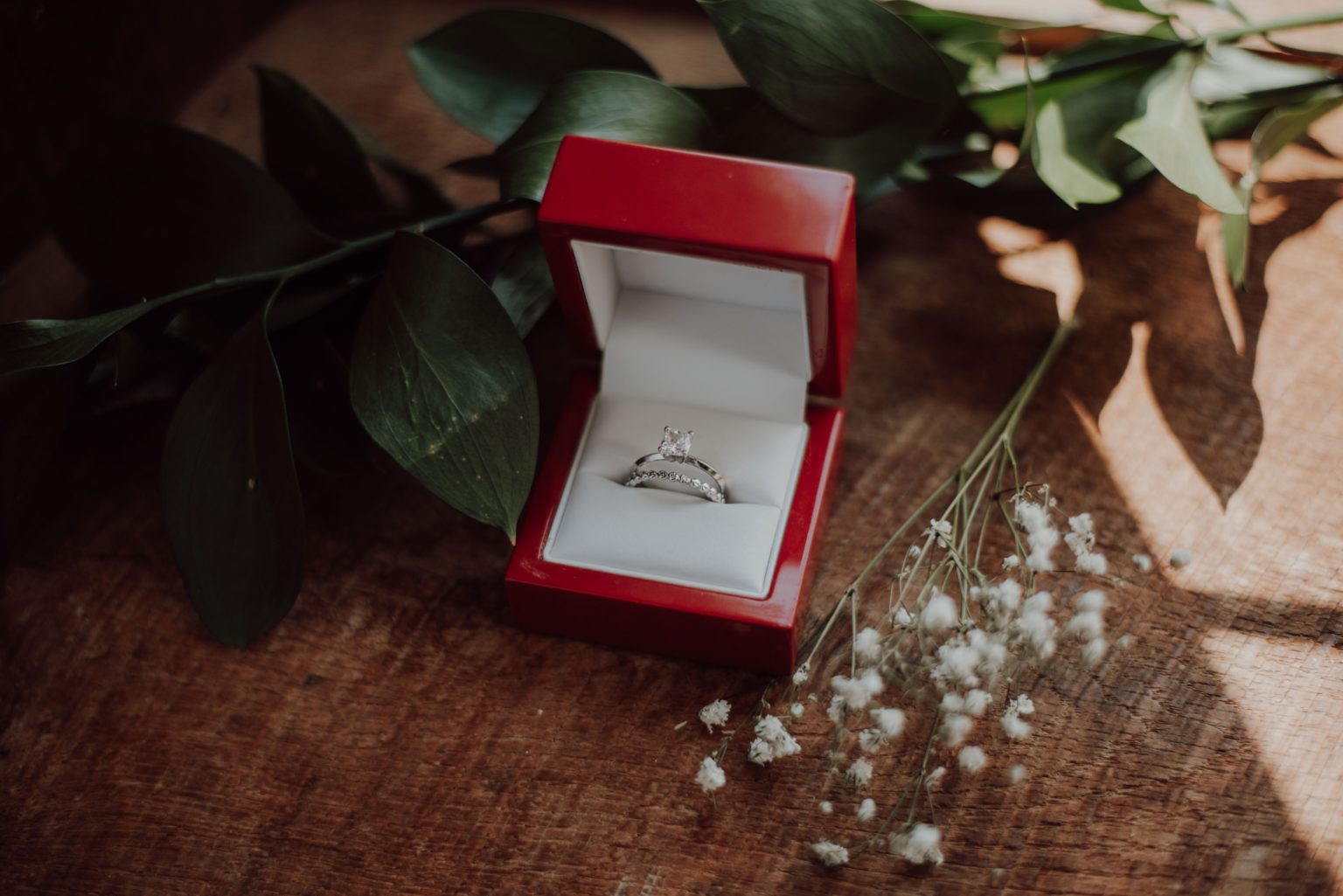We’ve all lived, and learned, that the good old adage “no good deed goes unpunished” seems to hold true nine times out of 10.
Both professionally and in my personal life, I’ve learned this lesson the hard way.
Is everything disputable?
Some would say our society has become overly litigious. I suppose I’m not a very wise attorney to agree with that assessment, but I genuinely do.
Allow me to be very clear, however, that there is a difference between pursuing legal remedies for a genuine, valid claim, and simply throwing allegations against a wall to see what sticks.
Unfortunately, we end up engaging in what I’ll call “contractual behavior” in our personal lives without actually having a contract. And these days, that is dangerous territory.
As a practice, everything I do for work is in writing. If I have a phone call, I follow it up with a written confirmation. I don’t think this is different from what most people do professionally. Heck, if I’m honest, these days, we probably skip the phone call and just email.
Regardless of how we practice in business, in our personal lives, it is very easy to, for example, pick up a tab for dinner with our partner without getting signed confirmation from our partner that we have done so, or to ensure repayment of your “dinner loan.” One might buy dinner for a number of reasons — chivalry, intention to be together in the future, a birthday treat, etc.
In Florida, unjust enrichment claims exist

Did you know it is possible for someone to make a claim against you under Florida’s theory of “unjust enrichment?” The argument goes like this: Person B benefitted from Person A’s money/loan/work and now Person A wants paid back and says it would be unfair for Person B to retain the benefit of Person A’s money/loan/work.
I’m sorry. WHAT?
Yes, that’s right. Unjust enrichment claims can be brought by someone even if you believed that person’s expenditures of time or money were gifts.
I will never forget my contracts professor in law school carefully telling all of the male students NEVER to give a woman an engagement ring on a birthday or holiday. He issued caution lest it be understood by her, and by a court of law that it was a birthday or holiday gift.
Loving gesture or a reclaimable gift?
It wasn’t a romantic lesson; the underlying idea, of course, being that if the couple broke up, he might want the ring back, and giving it to her on a birthday or holiday would give her the power to argue that it was a gift, and might in fact defeat an unjust enrichment claim.
Unjust enrichment claims are largely mythical – like unicorns spreading fairy dust, they don’t cross my path too frequently. I handled the defense of an unjust enrichment bench trial last week. I continue to be amazed such a cause of action even exists.